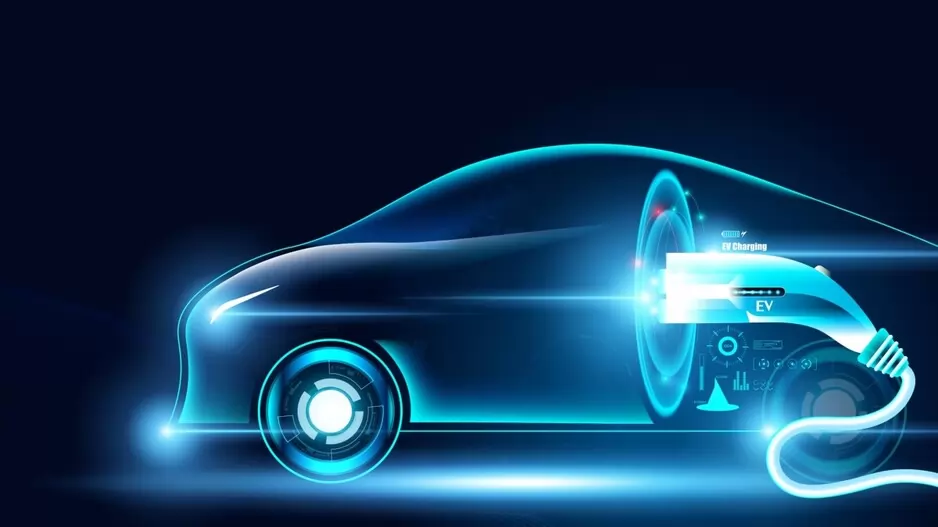Electric motors power electric vehicles (EVs) instead of internal combustion engines. They draw energy from rechargeable batteries, which can be charged through external power sources like residential charging stations or public charging points.
EVs offer environmental benefits by producing zero tailpipe emissions, which reduces air pollution and greenhouse gas emissions. Modern EVs offer competitive ranges and performance, with many models capable of traveling over 200 miles on a single charge. Advancements in battery technology and the expansion of charging infrastructure are driving the increasing adoption of electric vehicles worldwide.
Electric Vehicles Update:
In March, new car sales in Europe experienced their first decline of the year, attributed to a drop in electric vehicle (EV) registrations and the timing of the Easter holidays, as reported by the European Automobile Manufacturers’ Association (ACEA). Within the European Union (EU), EV sales fell by 11.3 percent to 134,397 units, mainly driven by a significant decrease in Germany, Europe’s largest market, where EV sales dropped by 29 percent. However, amidst the slowdown in EV demand, sales of hybrid electric vehicles (HEVs) and plug-in hybrid electric vehicles (PHEVs) are on the rise.
Conversely, India is witnessing a surge in EV sales. Specifically, it has surpassed 1.7 million units in the fiscal year 2024, according to a report by JMK Research & Analytics. Passenger vehicle sales in India grew by 10 percent year over year in 2023.
For more latest information on the automotive industry visit our official site Wheels4moto.
Read Also:

